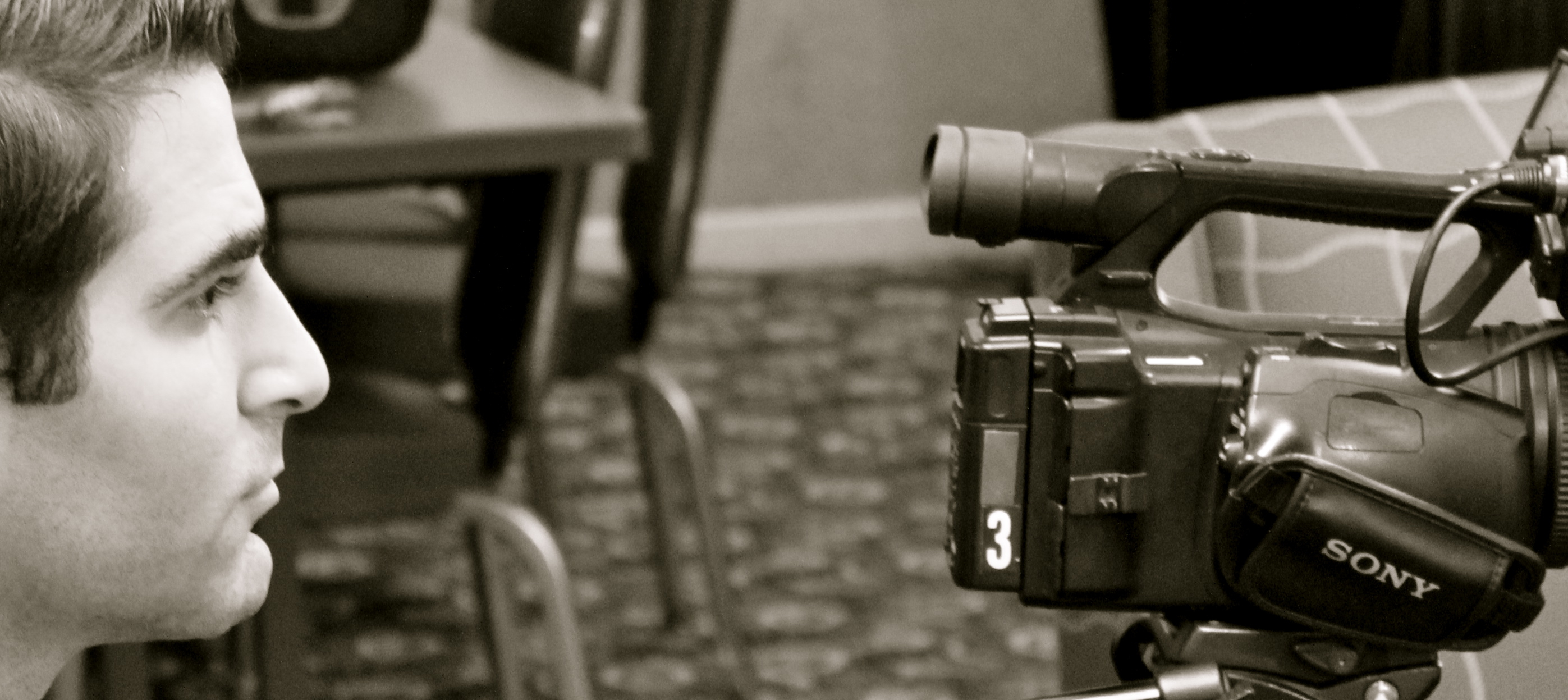Before this morning, I’m not sure if it had ever happened to me. I initiate at least nine out of 10 conversations that I have with cabbies, and today, to be honest, I didn’t feel like having one. I had my headphones on, and I was surprised when the driver asked about my journey — in an accent I couldn’t place — and wanted to know how long it usually takes to get home to Philadelphia from New York. We spoke for a moment, and then I went back to my music.
When we stopped at a red light, he said something to the cab next to us, and when we started driving, he said, “I told him that I’ve been driving a taxi since before he was born, and he said, ‘You’re still driving?’ I told him I’ve got no choice — I have two kids in college. When my kids finish college, then the American Dream will be complete, and maybe I can stop driving.”
Off came the headphones.
My best guess is that his name was spelled Habte; he pronounced it “Hop to!” And you might say he was a “Hop to!” kind of guy. Born in what is now the eastern African country of Eritrea, he moved to the U.S. in 1971. His first job was washing dishes — “I didn’t even know what a dishwasher was!” — and my gut tells me he worked a number of other jobs before moving into the mobile yellow office that became his career.
He must have been at least 60, and probably older, with milk chocolate skin and a few curls of white hair. Round glasses, warm smile. He said he has one kid at Neumann University, another at Drexel.
I asked him about Eritrea. He told me it’s a Pennsylvania-sized country with a Philadelphia-sized population, bordered by Ethiopia and Sudan … which means I could almost visualize it on a map.
“I go home to visit friends and family almost every year,” he said.
“Is it a stable government?”
“It is Ok. We are Ok, my friend.” He turned off of Market Street and headed south. “The thing with America is, people don’t realize how good we have it. When I go home to Eritrea, every single person over 20 has a gun, because there is always the threat of war. But there are no shootings. In Eritrea, if you kill someone, and they catch you, you will be hanging outside the courthouse in two weeks.” He showed me the newspaper that was lying on the front passenger’s seat. “Look at these shootings here!”
“A few years ago I took my boys to Eritrea so they could appreciate what they have here,” he said. “They saw kids playing soccer barefoot, and they asked me, ‘Where are their shoes?’ It took me a week to explain to them what poor was!
“If you ever have kids, take them to Africa, my friend. Even when I go home, it is humbling. What I make here in one day — and I call it a bad day — there, it’s the minister’s salary. So I tell myself not to compare. Cross Lombard?”
“Yeah — one more block.”
“I work 10 or 11 hours a day, seven days a week,” he said.
“Wow. That’s a lot of work.”
“I have no choice, my friend. I have two kids in college.”
I was so enjoying the discussion — a discussion I was initially reluctant to have — that we almost passed my house.
“It is nice talking to you,” he said while helping me with my bag. “You made my day.”
Likewise, my friend. You asked, “How was your trip?” And the trip was you.

